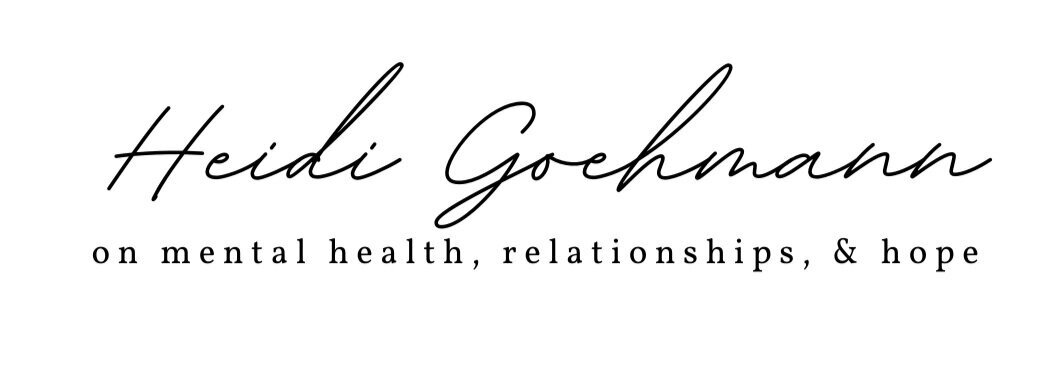The Savior Complex: Empathy without Boundaries
In the first article in our empathy series, we talked about distinguishing and listening to our own emotions, so that we can lean in with empathy to feel and understand the experiences and emotions of others. This protects us from having empathy without boundaries, from having an empathy that harms us rather than helps someone else.
Community and connection are important, but so is self-differentiation. I want to suffer and rejoice alongside you, while not taking your suffering or rejoicing from you. Otherwise, we end up in a game of –
“Hey, Hold My Emotions!”
This game looks like me grabbing your feelings and holding them as my own. I meant to feel your experience and understand you, but I just took your stuff for a minute so you didn’t have to deal with it. I listened, not to understand, but for a place to dump. I offered some solutions, that might work for me, or that have worked for me, and forgot to let you have your space to sort and find the solutions for yourself. This game is like winning a million dollars, only for someone to tell you that you owe a million and one dollar in taxes. You thought you would feel better, sharing with me, but now you feel junkier, with a vulnerability hangover and no real understanding to show for it.
As a bonus, when we take people’s emotions for just a minute, we end up with the weight of those emotions and nowhere to go with them. I mean, we could dump them on someone else –our family, our coworkers – but that’s not really fair and doesn’t tend to go well for our relationships.
Empathy is me feeling with you, not me feeling for you.
We call me trying to feel for you “over-empathy.” It’s a real thing that can lead to heavy levels of cortisol sitting in your body, which can lead to physical pain, exhaustion, feelings of hopelessness, and depression. We can only help someone process their experience, not process it for them.
Then, “Hold My Emotions!” turns into a game of keep away. We isolate and get tired of people because we’re scared of how much they’re going to allow us to hold. We don’t reach out to our neighbor, because we’re scared their drama will become our own.
Empathy without boundaries is a dangerous game. It’s exhausting, and it actually decreases our capacity for empathy rather than growing it.
Instead of over-identifying with someone’s feelings, we can shift to consider what kind of empathy they need and how we can give it without taking on the full weight of their struggle.
Do they need us to see their perspective? Listen and ask questions about what they are thinking and how they see the world and their current experience.
Do they need us to see their feelings? Listen and ask questions that help them name their emotions and give a space to honor them without judgment.
Do they need us to see their motive or their choices? Listen and ask questions about where they are coming from and where they would like to go from here.
Christians have an extra layer of protection against over-empathy, but I have found we easily forget that we have it. We try to do God’s job when the One who does that best has already filled the position.
This world has one Savior, and His name is Jesus. My job is helper, listener, connector.
When you are trying to sit beside someone empathically, remember that Someone Else is in the room and lead people to Him. Humans weren’t given the capacity to lift suffering — that’s really God’s job. We are not Holy Ghost, Jr.
One of my favorite reminders is God as both Strength – to be there for people, to listen, to sit alongside, to suffer and rejoice alongside – but also Shield:
The Lord is my strength and my shield;
in him my heart trusts, and I am helped;
my heart exults,
and with my song I give thanks to him.
Psalm 28:7
God as Shield gives us permission not to take everything on ourselves, to sit as the ones who witness someone’s struggle, but always handing the weight of it to Him. This world has plenty of sorrow, but He can handle it, where we cannot. My heart trusts in Him. I seek Him for help, and I help you do that as well, to see Him in the middle of this muddle, rather than solving or fixing by taking your weight from you.
Jesus is Savior.
My job is helper, listener, connector.
This is empathy with boundaries: knowing my place for you and with you, and His place for all of us.
Interested in more on practicing empathy with boundaries in your life? Find practices and more on empathy with boundaries here:
Up Next: How Do I Talk with Empathy?
In the Meantime: Check out the Mental Health Monday videos on empathy

